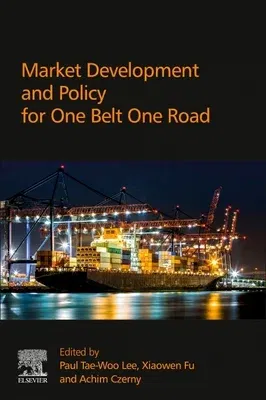The Belt and Road initiative is marketed by the Chinese government as
the "twenty-first century maritime Silk Road" and the "Silk Road
economic belt". The initiative encourages policy coordination, trade
facilitation, financial integration, and transport connectivity. The
Belt and Road initiative covers at least 65 countries across Asia,
Africa, the Middle East, and Europe, involving 70% of the global
population, 75% of world energy reserves and 55% of world GNP. Such an
initiative is expected to bring significant impacts to the transport and
logistics industry in the regions involved. The transport and logistics
sector not only directly contributes to the production of transport and
logistics services, but also provides essential inputs to other sectors
such as tourism, trade, infrastructure investment and management.
Therefore, it is important to jointly analyse the implications of the
Belt and Road initiative to the transport and logistics sectors, the
best strategies and operation practices that the industry can pursue,
and the right government policies that should be implemented in relation
to the initiative.
This volume will be the first in Elsevier's China Transportation
Series, from series editor Paul Tae-Woo Lee. If you are interested in
writing or editing for the series, please contact Dr. Lee:
paultaewoo.lee@zju.edu.cn.

